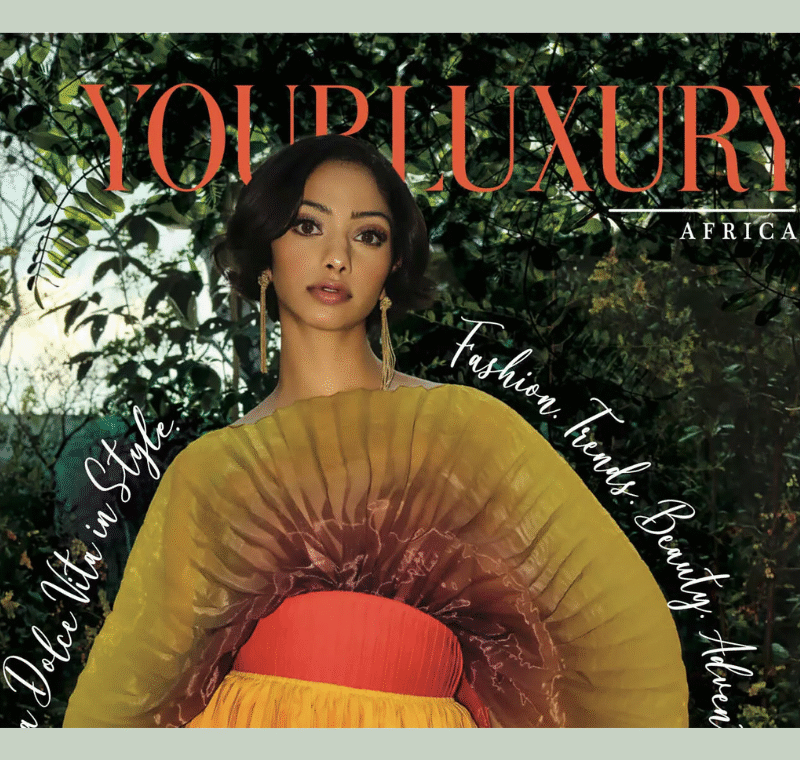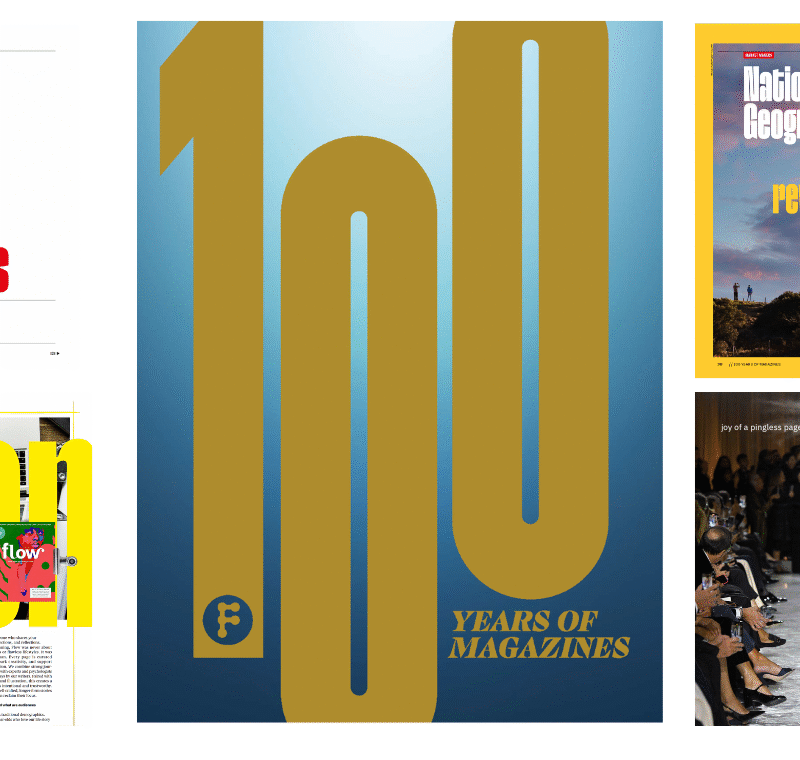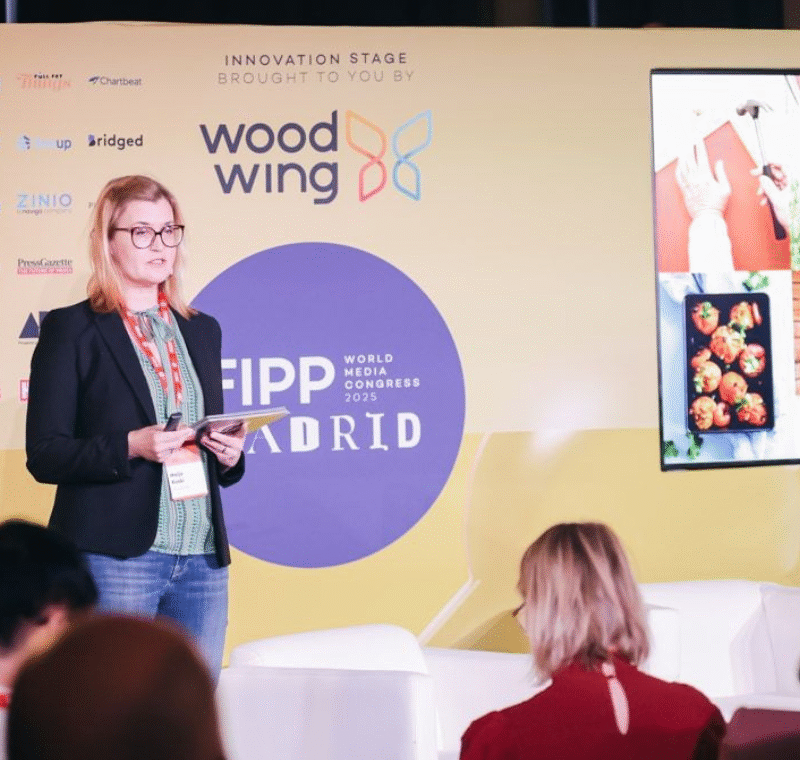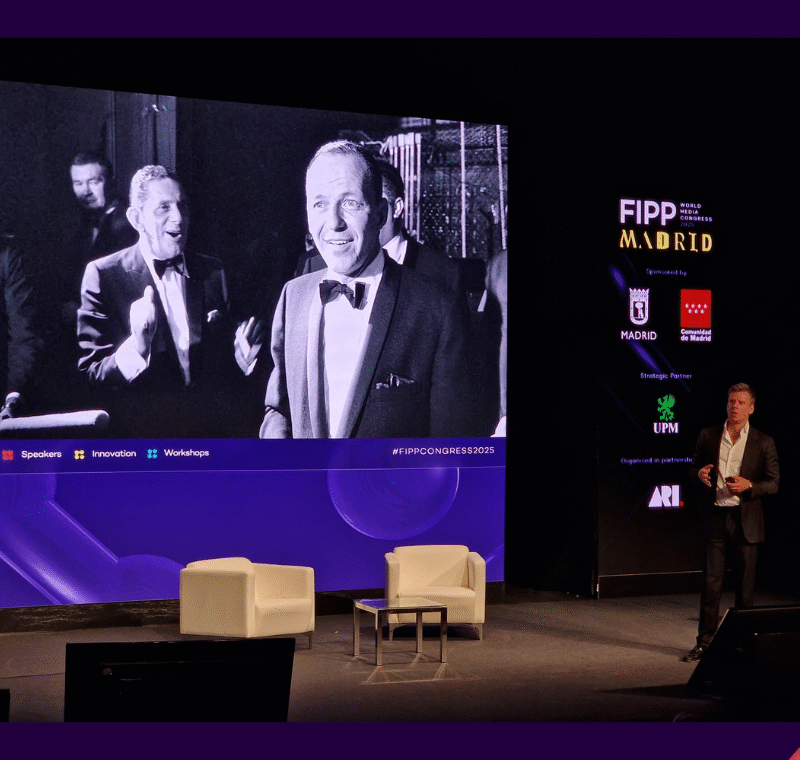The secret to Burda’s success – in conversation with new FIPP Board member Alfred Heintze
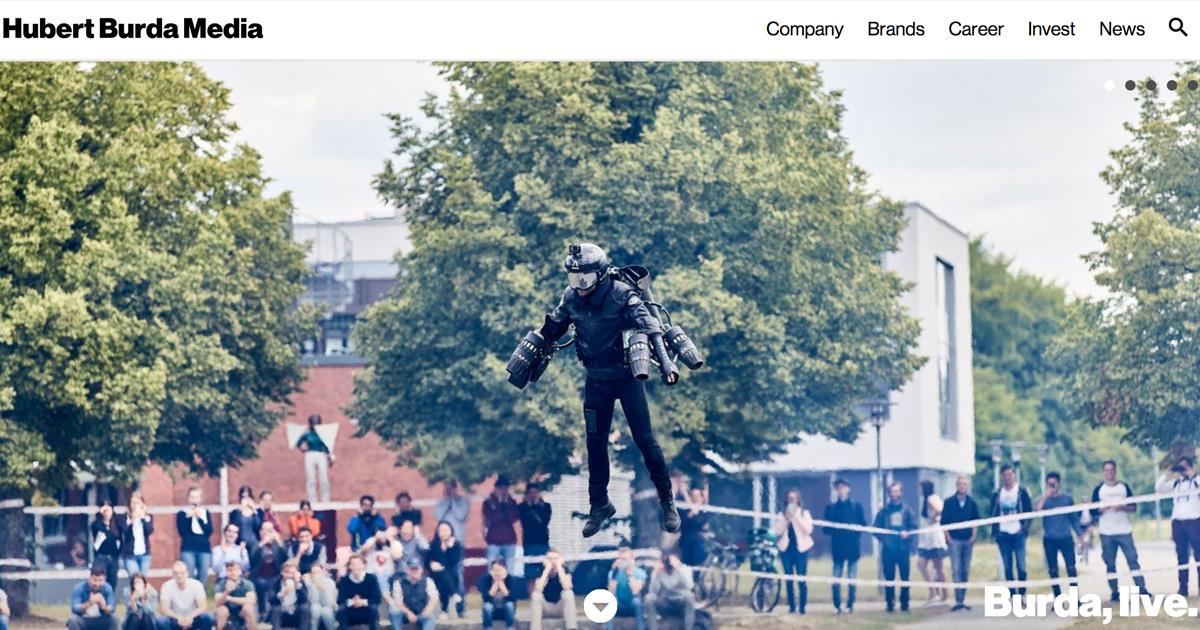
burda.com
Hubert Burda Media Holding, a family owned publisher founded in 1903 by Franz Burda in Philippsburg, Germany, and now headquartered in Munich, employs almost 12,000 people with operations in 20 countries. In the 2017 financial year, Burda reported adjusted external turnover of €2.67 billion (US$3.11bn). Despite facing similar disruptive challenges as other large legacy publishers worldwide, Burda managed to record growth of 150 per cent during the past twenty years across its 600 diverse media products, boasting over 46 million paying subscribers across print and digital.
COO of Burda International, Alfred Heintze, emphasises the fact that Burda managed to show growth during these times is proof that the magazine publishing business can continue to flourish if companies take advantage of the opportunities created by disruption. “It underlines how much we still believe that media is an important part of people’s daily lives…we have approached an unknown future with curiosity and seized opportunities with courage. No one can really predict the future but we have to explore every possible opportunity.”
A positive corporate culture played an important role in success, says Heintze. “We have continued to bring new talent and a new spirit of thinking into the company. At Burda entrepreneurs can follow their dreams because we invest in learning. Sometimes we fail but we also gain experience. As we learn from failure we also benefit from success.”
Independent thinkers are highly valued, giving credence to the company mission to support an entrepreneurial spirit. “Burda is an association of many successful companies that operate in their markets with the greatest possible entrepreneurial freedom and can develop with the necessary speed… At Burda we are not so much talking about culture as living our culture. You need to ensure an environment in which entrepreneurial thinkers have the freedom and structures to be successful.”
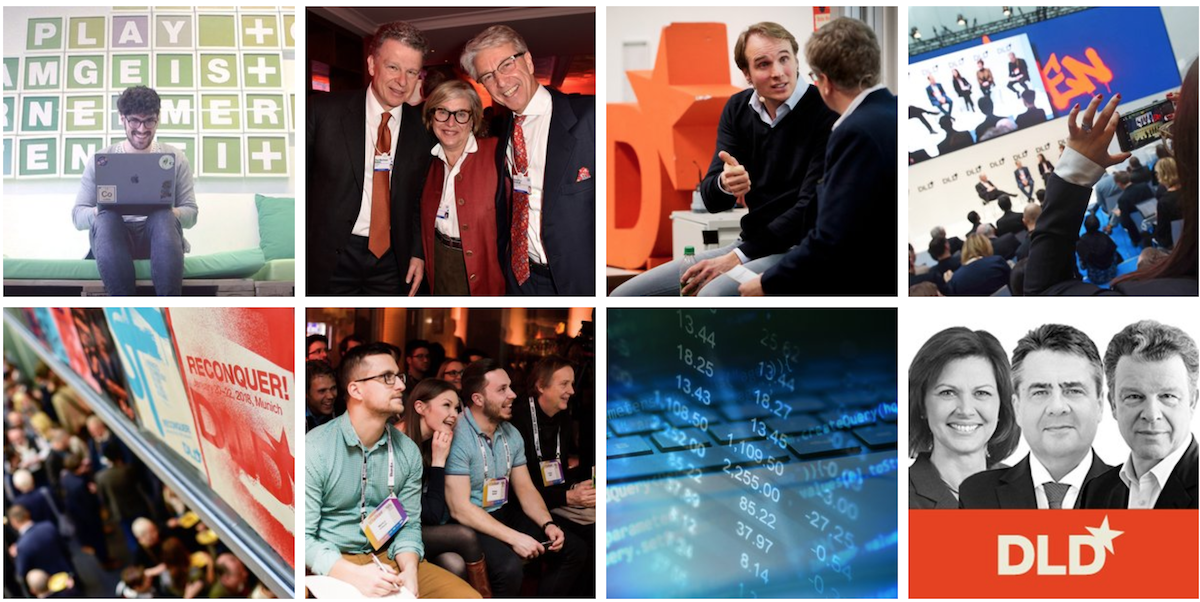
burda.com
Correctly curated content
Markets have become less easy to define in a globalised world, warns Heintze. Yet it is important to fully understand markets to be able to continue to serve readers in the best possible way. “We have witnessed massive changes in how readers consume media services. For starters, we can not define markets by geographical borders any more. Language borders and cultural borders have now become more important.”
“Content needs to be very specific to cultures and seasons. This is why it is so important to have experienced editors that can feel what these exact differences are, respond to it and curate content to serve these differences. In such a rich and large world of information, readers long for correctly curated content. Properly curated content, in our view, has proper value.”
Markets have also become more sophisticated, warns Heintze. “Consumers are much more demanding. They make more conscious decisions nowadays when if comes to media consumption. Although this in itself is not a new trend, we have seen in it huge opportunities because it opens up a market for even more specialist publications. To define a market you need to look at it from the reader’s point of view. We need to understand how the reader fits into a specific community and deliver products that readers value.”

burda.com
‘Money for value’
He references magazines specialising in TV listings. About 50 years ago, there were in this segment five magazines published in Germany, now, after the digital disruption, the segment thrives with over 30 titles. This was one of the reasons Burda acquired Immediate Media last year with its “absolutely fabulous brand Radio Times”. It increased “our offering to deliver on readers’ choice. Readers know exactly what they want and we have to deliver on what they expect.”
Heintze has his own distinctive take on how publishers should monetise content. Instead of ‘value for money’, he likes to refer to ‘money for value’. “The reason behind this is that when you charge a reader the correct product price you get an honest response from your customer. When you price it too low, it might be sold but the readers have not made a clear or honest decision to really own it. What we want is that our readers take a conscious and true decision to own the content. When readers are forced to decide which content they really want to pay for, only then can we evaluate the value they put on it. It is then that I am happy because I know we are delivering the quality readers want and deserve.”
Radio Times, again, is a perfect example. When others in the market started lowering prices, the title ‘stood up’ and increased newsstand prices. The magazine is now in stronger position while subscriptions are also growing.
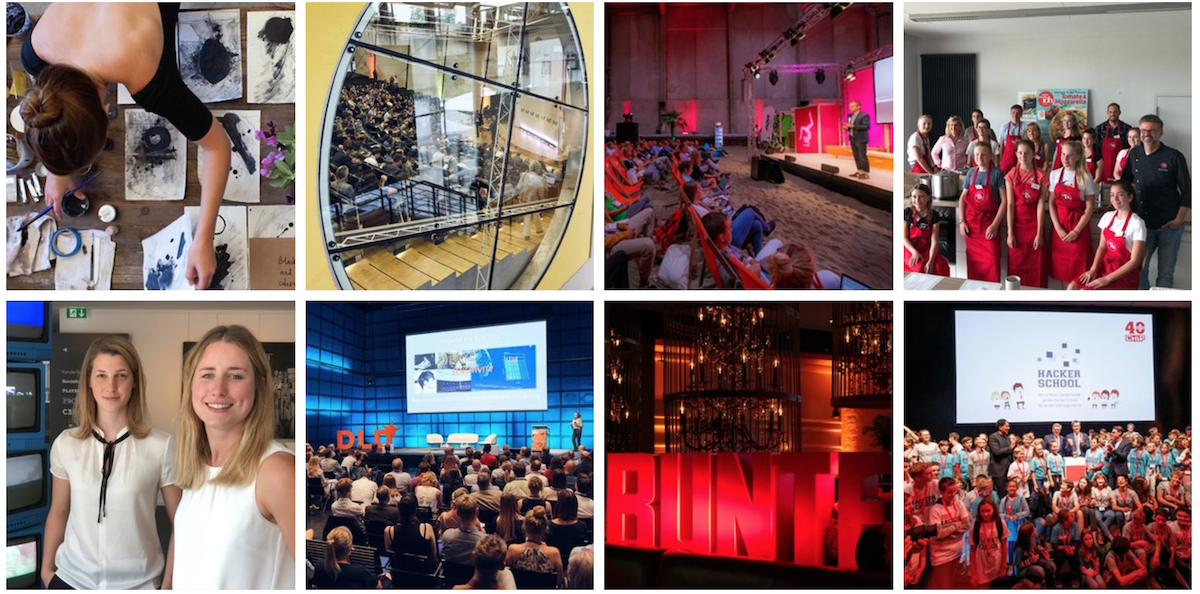
burda.com
A common approach to responding to market trends
The belief that many publishers lived with for very long that cheap reach will one day be monetised through advertising created false hopes and a business model that simply cannot work. “This lesson has been learnt. We and most of our international competitors or partners move away from concepts which are only, or to a large extent, relying on reach and advertising. For us the product must be profitable from reader revenue. This approach should not only be applied to print products but also digital products.”
The notion that publishers worldwide should properly price the value of their content, is one of the most important reasons why Burda is so passionate about its membership of FIPP, explains Heintze. “We as magazine publishers need to take a common stand in how we respond to market trends; from advertisers, to distributors, to service providers. Yes, publishers are competitors to each other. But it does not help if we all make the same mistake. Publishers should build alliances to stand up to common threats. FIPP is in a perfect tool to advance this and ensure our industry is relevant to our readers for the next 100 years.”
More about Alfred Heintze
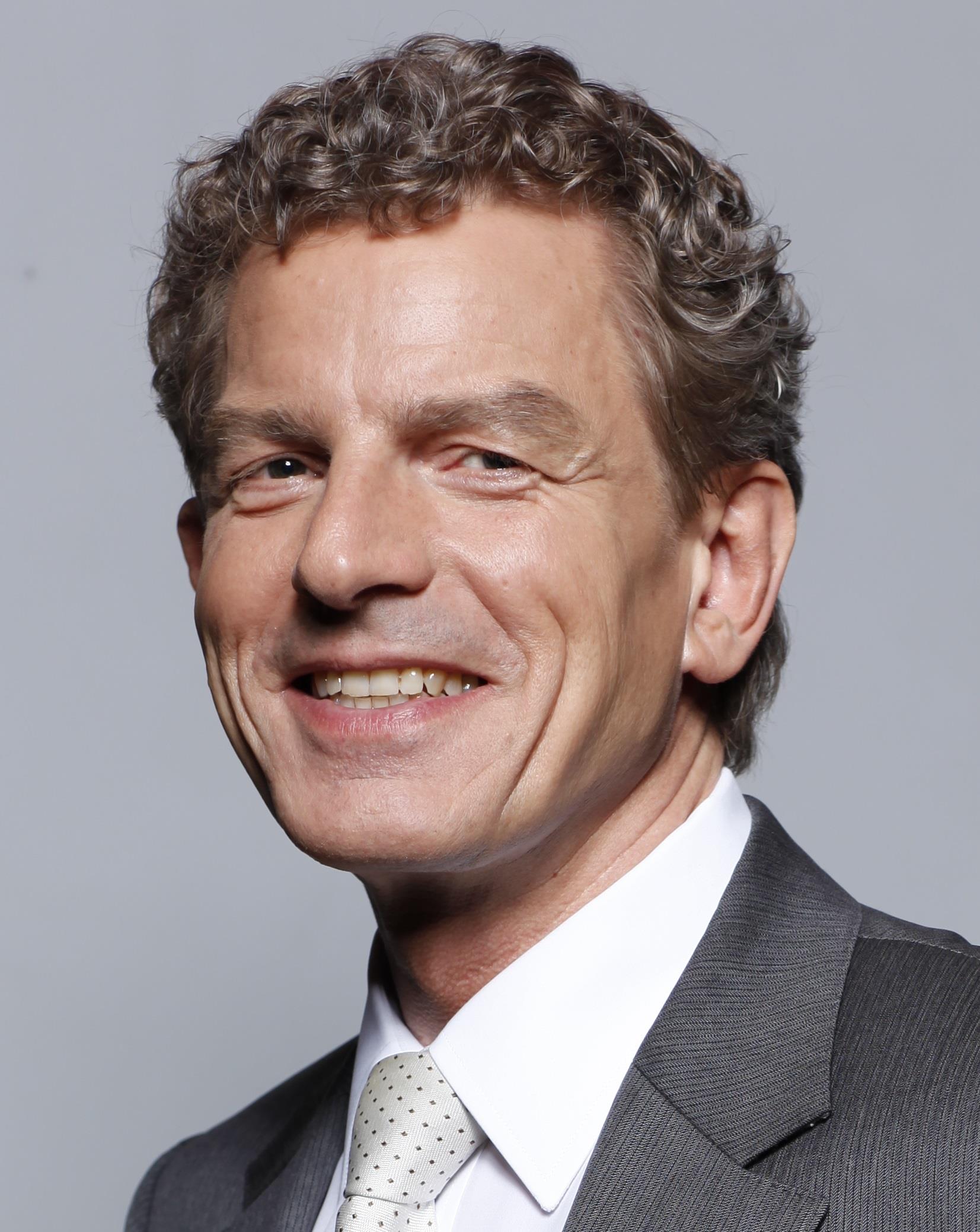 |
After a university education in economics Alfred Heintze started his career in the early 80s at the Axel Springer Publishing Group in Hamburg holding the function of director for export and international distribution for nearly 10 years.
From the early 90s onwards Heintze served Distripress as vice president and president. From 1999 until 2015 he continued his career at Bauer Media Group being responsible for Eastern Europe and Asia as managing director and for Eastern Europe, Asia and Australia as CEO before he moved to the international B2B sector at the Forum Media Group.
In 2016 Heintze became chief operating officer (COO) of Burda International.
|
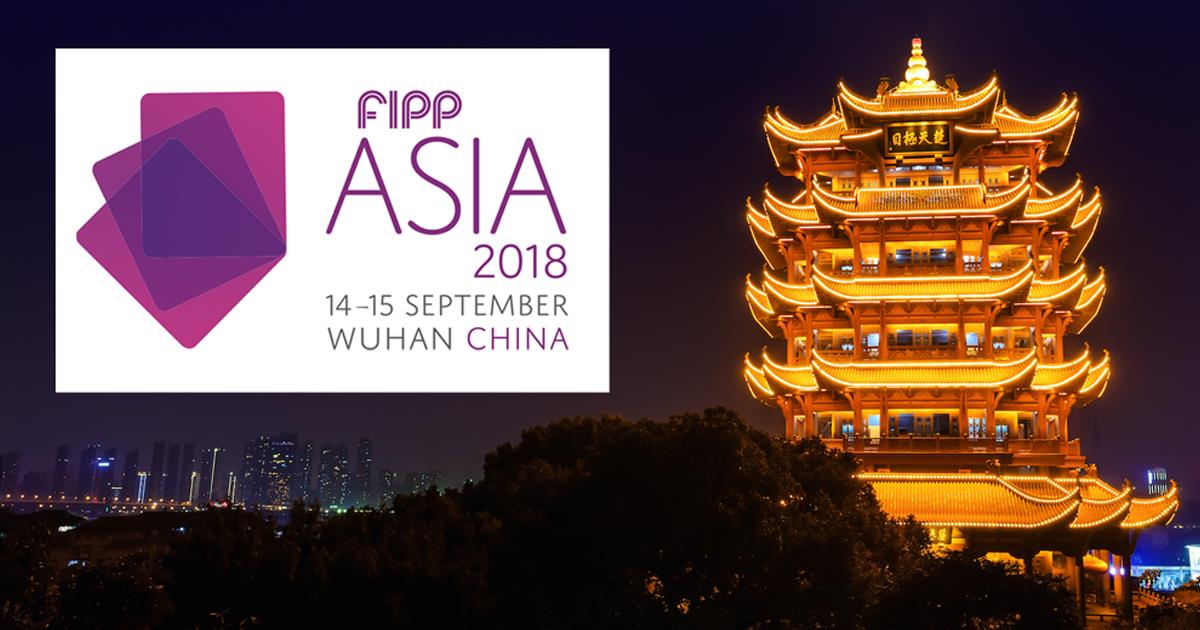
|
More like this
The Immediate Media Co story: from starting up to being acquired by Burda
FIPP Board appoints directors from Burda International, Future and Red Bull Media House
Why collaboration will save our industry – insights from the southern tip of Africa
How the Red Bull Media House takes extraordinary stories global

